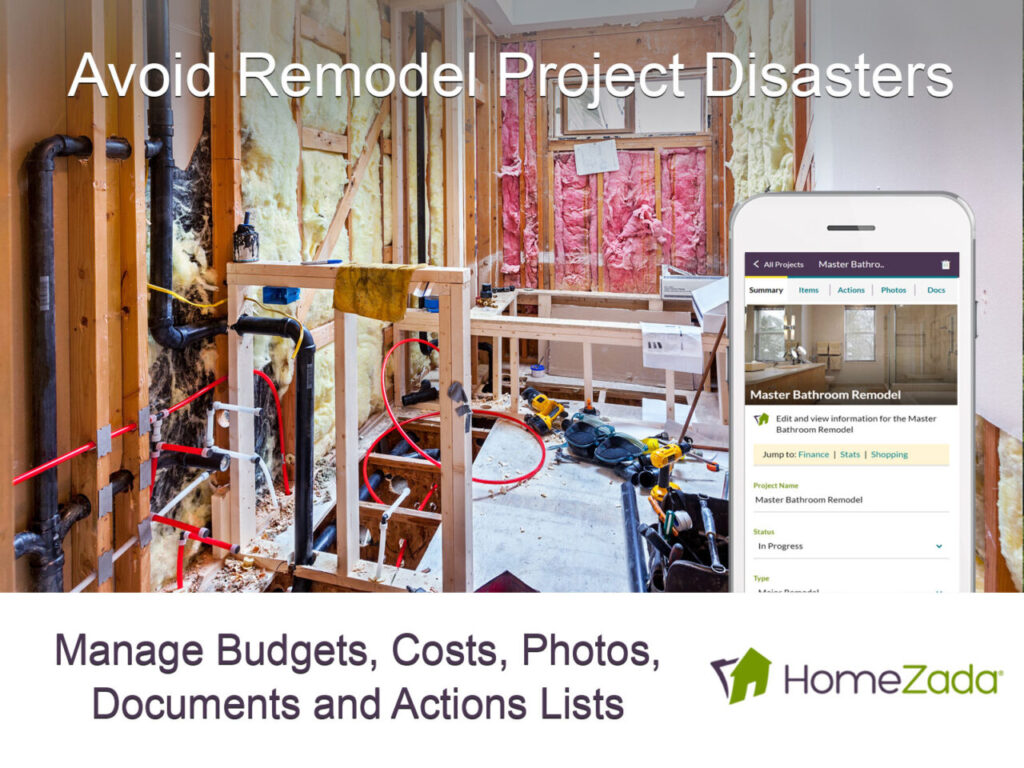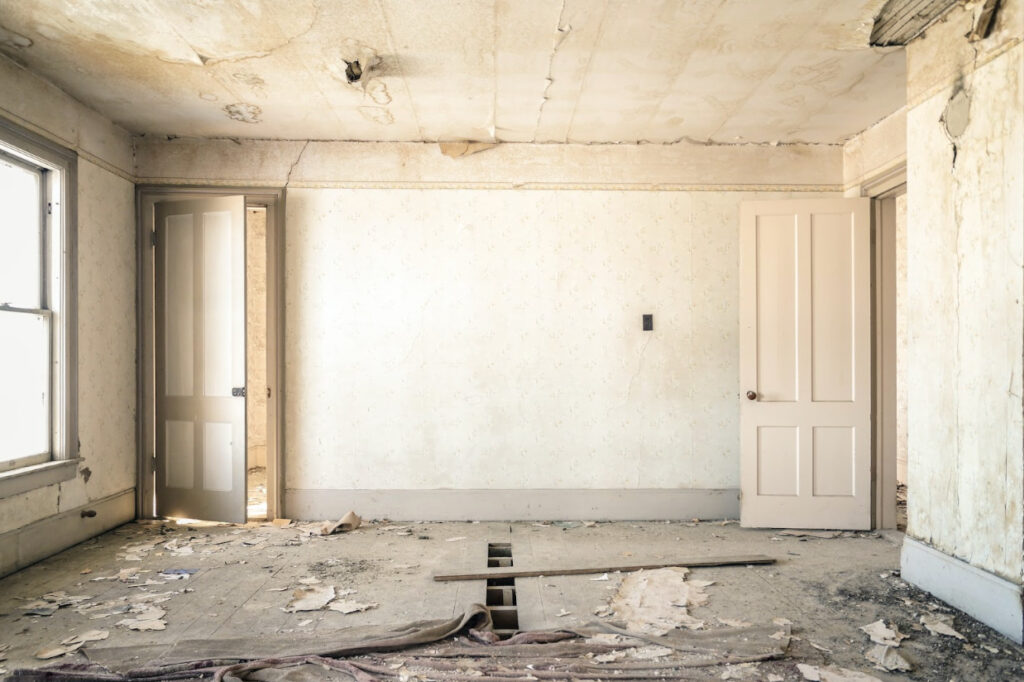Most homeowners would agree that one of the best things about doing a home renovation is the final product. Nobody loves the in-between chaos that often accompanies remodeling projects.
Fortunately, there are some things you can do to minimize the disruption surrounding home renovation projects.
1. Plan Ahead
First, plan ahead. Begin by setting clear goals and timelines.
Before diving into your renovation, define your objectives clearly. Determine which areas of your home need attention and establish a realistic timeline for each phase of the project.
This will help you allocate resources, manage expectations, and maintain a sense of control throughout the process. Having a well-defined plan will keep the project on track and minimize unexpected delays.
2. Plan for Delays
Renovations often come with surprises, such as unexpected structural issues or material shortages. Include a buffer in your budget and timeline to account for these unforeseen hiccups.
Include a financial cushion and extra time to prevent unnecessary stress, giving you time to deal with any issues without going nuts wondering how you’ll get it all done.
3. Stay Somewhere Else
Depending on the scope of your renovation, it might be helpful to consider temporary living arrangements. If feasible, staying with family or friends or renting a short-term accommodation can provide a peaceful haven during the most disruptive phases of the project.
This ensures that you and your family can maintain a comfortable routine without tripping over tools and materials, or brushing your teeth around a bucket!
4. Ensure Clear Communication
When everyone is on the same page regarding project timelines, schedules and milestones during a home renovation project, the stress levels for everyone involved goes down significantly.
Also, by sharing your renovation plans with your neighbors you’ll build good relations because you’ve taken them into consideration. For example, schedule noisy tasks during normal hours and notify your neighbors about potential disruptions.
This gives them time to make any adjustments they might want to (e.g. going to a coffee shop to work if they normally work from home), minimizing conflicts and disturbances.
5. Create Project Phases

If you’ve got a sizeable project, break it down into distinct phases based on areas of focus, such as kitchen, living room, bedrooms, and bathrooms.
This segmentation allows you to concentrate your efforts and resources on one section at a time, reducing the chaos that can arise from tackling the entire home at once.
Start with essential areas that need the most help, e.g. the bathroom or kitchen. Doing this will ensure that you can continue your normal routine with a minimum of fuss.
Next, try to maintain the functionality of the areas you’re not working in. For example, set up a temporary kitchen or living space to ensure that you and your family can still carry out essential activities comfortably.
This strategic approach helps to maintain some semblance of normalcy for everyone.
6. Dealing with dust and debris
Dust and debris management is important if your goal is to maintain a clean and comfortable living environment during a home renovation project.
Effectively controlling dust and debris not only minimizes disruptions but also contributes to the overall health and well-being of your household. Here’s how to manage dust and debris when your house is turned upside down:
Seal Off Work Area
Create a physical barrier around the renovation area using plastic sheeting or temporary walls. This containment helps prevent dust and debris from spreading to unaffected areas of your home, preserving cleanliness and reducing the need for extensive cleaning.
You can also use dust barriers and ventilation systems. Dust barriers equipped with zippers helps to provide easy access to the work area while keeping dust contained. Combined with portable air purifiers with HEPA filters allows you to continuously capture airborne particles, ensuring a cleaner indoor air quality.
7. Clean regularly
Establish a consistent cleaning routine to minimize the accumulation of dust and debris. Wipe down surfaces, vacuum, and mop the areas adjacent to the renovation zone regularly. This proactive approach prevents the migration of dust and contributes to a healthier living environment throughout the project.
8. Minimize Noise
Finally, as noted earlier, schedule noisy tasks to be done during normal hours. Nobody wants to wake up at the crack of dawn to a jackhammer outside their bedroom window!
Avoid early mornings, late evenings, or weekends when people are more likely to be at home or resting.
Let neighbors know when you expect they might hear loud noises from your activities. Doing this one thing goes a long way to keeping good relations with your neighbors, especially if you expect the project to last for an extended period of time.
4 Popular Home Renovation Projects That Can Increase Your Home’s Value


